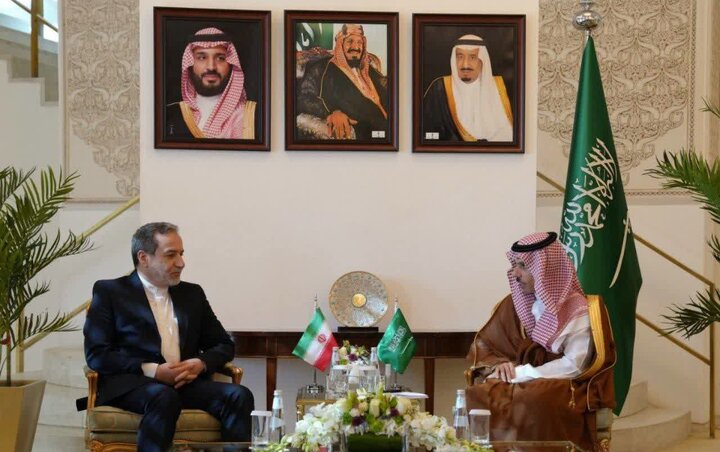KSA and IRAN: A Diplomatic Approach to Gaza and Lebanon
With the ongoing conversations between the KSA and IRAN, one can pinpoint a critical stage in the Middle East’s diplomacy regarding the crisis in Gaza and Lebanon, which has been deteriorating recently. As tensions increase in the region, both countries are looking for places where they could engage with each other to prevent escalation into violence and upheaval.
The Context of Saudi-Iranian Relations
Traditionally, the interaction between KSA and IRAN has been conflictual and characterized by mutual suspicion owing to the competition in the control of the Arab world as well as the political ideologies. Nevertheless, this was not the case for the current dynamic. In a recent and historical agreement bound by regional politics, cohesion ends deep freezes of their relationship, which has joined many international conflicts to provide their merciless weapon.
Recent Developments
Foreign Minister Abbas Araghchi’s visit to Saudi Arabia on October 9, 2024, was significant at this juncture. The talks primarily dealt with Israeli aggression towards Gaza and Lebanon, with both parties keen on hearing each other out on the possibilities of a ceasefire. In turn, Araghchi met with the head of the Saudi foreign ministry, Prince Faisal bin Farhan, to discuss not only the countries’ bilaterally-focused issues but also the situation with Israel’s invasion of those regions.
The Situation in Gaza and Lebanon
In Gaza, the impasse appears to be breaking as Israel’s offensive operations escalate exponentially. Worries, of course, abound; such an escalation might likely extend to Lebanon, a country where Hezbollah’s participation further adds to the complexities. The KSA since time immemorial has seen the militant Hezbollah group as a major threat owing to its Iranian support and its position in Lebanese politics.
Hezbollah’s Role
The risk of an escalation of violence has also increased due to Hezbollah’s military involvement, which included firing rockets from Lebanese soil in support of Hamas. On the diplomatic front, Saudi Arabia has been pushing back against Iranian influence, at the same time assisting in the push for a ceasefire that would ideally be observed to contain Lebanon. The makeup of the Lebanese political scene, in particular the current impasse as far as electing a new president is concerned, compounds the difficulty of these considerations.
Implications for Regional Stability
The engagement of KSA and IRAN in ceasefire talks is not only about short-term measures; the talks have deeper strategic ramifications. Saudi Arabia would want to see a viable state in Lebanon that can function without the armory of Hezbollah. This is consistent with and serves the broader strategic policies of the US and the UK, of reinforcing Lebanese state structures to contain Iran.
Potential Outcomes
The results of these discussions might alter the power balance in the Middle East. If KSA and IRAN can agree on the cessation of fighting or at least political processes in Lebanon, then the whole region can become more peaceful. On the other hand, if an agreement is not achieved, this may lead to an increase in tensions within these two states and also in the entire region.
Saudi Delegation Arrives for Investment Talks
Conclusion
The current negotiations with KSA and IRAN provide a rare moment of peacemaking for a region that is becoming increasingly dangerous. The ability of the two countries to work together might be the decisive factor in ensuring the future peace of the Middle East amidst its troubled past and current problems in Gaza and Lebanon. The entire world is focused on these nations’ conversations, which can either encourage peaceful resolutions to conflicts or strengthen the existing tensions.
To get more updates about this article click on this link
Get the Most Important Updates about the World!
